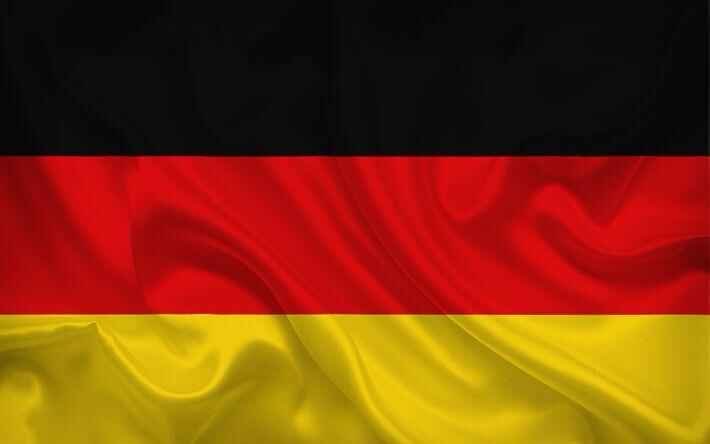
1. Germany: Land of Inventions
Germany is renowned as the birthplace of numerous groundbreaking inventions. From the automobile, created by Karl Benz, to the aspirin, developed by Bayer, German ingenuity has significantly impacted the modern world.
2. The Autobahn: Engineering Marvel
The Autobahn is famous for its stretches without a speed limit. With over 13,000 kilometers of well-maintained roads, it symbolizes Germany’s commitment to engineering excellence and road safety.
3. A Leader in Renewable Energy
Germany is a global leader in renewable energy. With significant investments in wind, solar, and biomass energy, Germany aims to achieve 80% of its electricity from renewable sources by 2050.
4. Oktoberfest: The World’s Largest Beer Festival
Munich’s Oktoberfest attracts over six million visitors annually. This 16-day festival is a celebration of Bavarian culture, featuring traditional music, costumes, and, of course, beer.
5. The Black Forest: A Natural Wonder
The Black Forest in Baden-Württemberg is a densely wooded region, famous for its picturesque villages, cuckoo clocks, and as the setting of many Brothers Grimm fairy tales.
6. Germany’s Castles: A Glimpse into History
Germany boasts over 20,000 castles. Notable examples include Neuschwanstein Castle, which inspired Disney’s Sleeping Beauty Castle, and Heidelberg Castle, a majestic ruin overlooking the Neckar River.
7. Home to the World’s Largest Cathedral
The Cologne Cathedral (Kölner Dom) is the largest Gothic cathedral in Northern Europe. Its twin spires and immense stained glass windows make it a UNESCO World Heritage site.
8. A Rich Tradition of Christmas Markets
Germany’s Christmas markets, such as the Christkindlesmarkt in Nuremberg, are celebrated for their festive atmosphere, handcrafted gifts, and traditional foods like Lebkuchen and Glühwein.
9. A Global Leader in Science and Research
Germany is a hub for scientific research and innovation. The country is home to the Max Planck Society, the Fraunhofer Society, and numerous universities that lead in various scientific fields.
10. German Cuisine: Beyond Sausages and Sauerkraut
German cuisine offers a variety of delicious dishes. From Bratwurst and Schnitzel to Spätzle and Schwarzwälder Kirschtorte (Black Forest Cake), Germany’s culinary heritage is rich and diverse.
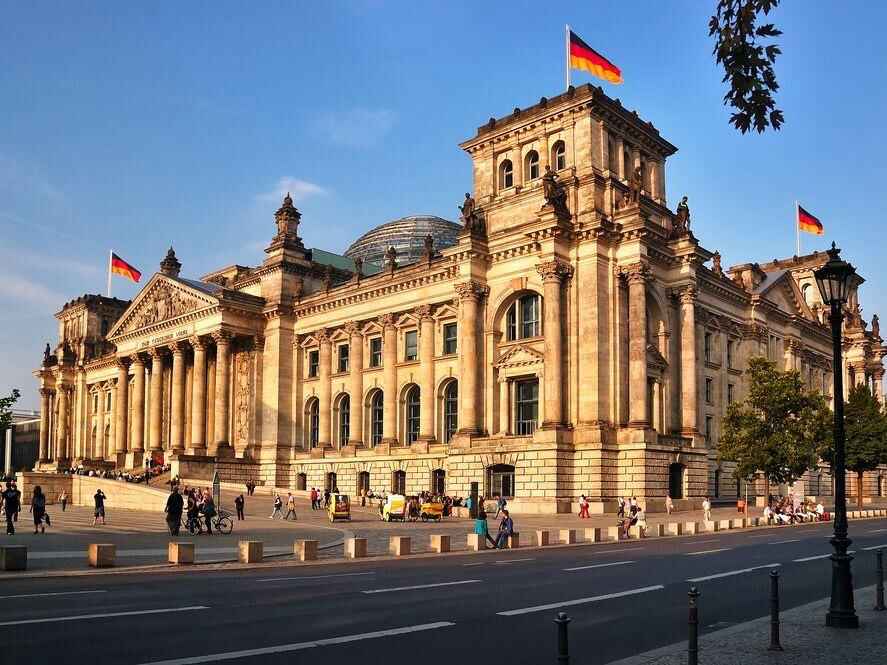
11. The Influence of German Philosophers
Germany has produced some of the world’s most influential philosophers, including Immanuel Kant, Georg Wilhelm Friedrich Hegel, and Friedrich Nietzsche. Their works continue to shape modern thought.
12. Pioneers of the Printing Press
Johannes Gutenberg, a German inventor, revolutionized the world with the creation of the printing press in the 15th century, which enabled the mass production of books and the spread of knowledge.
13. Excellence in Automobiles
Germany is synonymous with high-quality automobiles. Companies like BMW, Mercedes-Benz, Audi, and Volkswagen are renowned worldwide for their engineering prowess and luxury vehicles.
14. A Cultural Powerhouse in Music
Germany has a rich musical heritage, producing legendary composers like Johann Sebastian Bach, Ludwig van Beethoven, and Richard Wagner. The country continues to be a leader in both classical and contemporary music.
15. A Global Leader in Exports
Germany is one of the world’s top exporters. Key exports include automobiles, machinery, chemicals, and electronics, making it a vital player in the global economy.
16. Beer Culture and the Purity Law
The Reinheitsgebot, or German Beer Purity Law, established in 1516, dictates that beer can only be made from water, barley, and hops, ensuring high quality and purity in German beer.
17. The Berlin Wall: A Historical Symbol
The Berlin Wall stood as a symbol of the Cold War from 1961 until its fall in 1989. Today, remnants of the wall serve as powerful reminders of Germany’s divided past and its reunification.
18. Germany’s Contributions to Space Exploration
Germany has made significant contributions to space exploration. The European Space Operations Centre (ESOC) in Darmstadt and numerous German astronauts highlight the country’s role in advancing space technology.
19. A Tradition of Classical Literature
Germany is home to some of the greatest literary figures, such as Johann Wolfgang von Goethe, Friedrich Schiller, and Thomas Mann. Their works are integral to the canon of world literature.
20. An Emphasis on Education
Germany offers a robust educational system with many tuition-free universities, attracting students from around the globe seeking high-quality education and research opportunities.
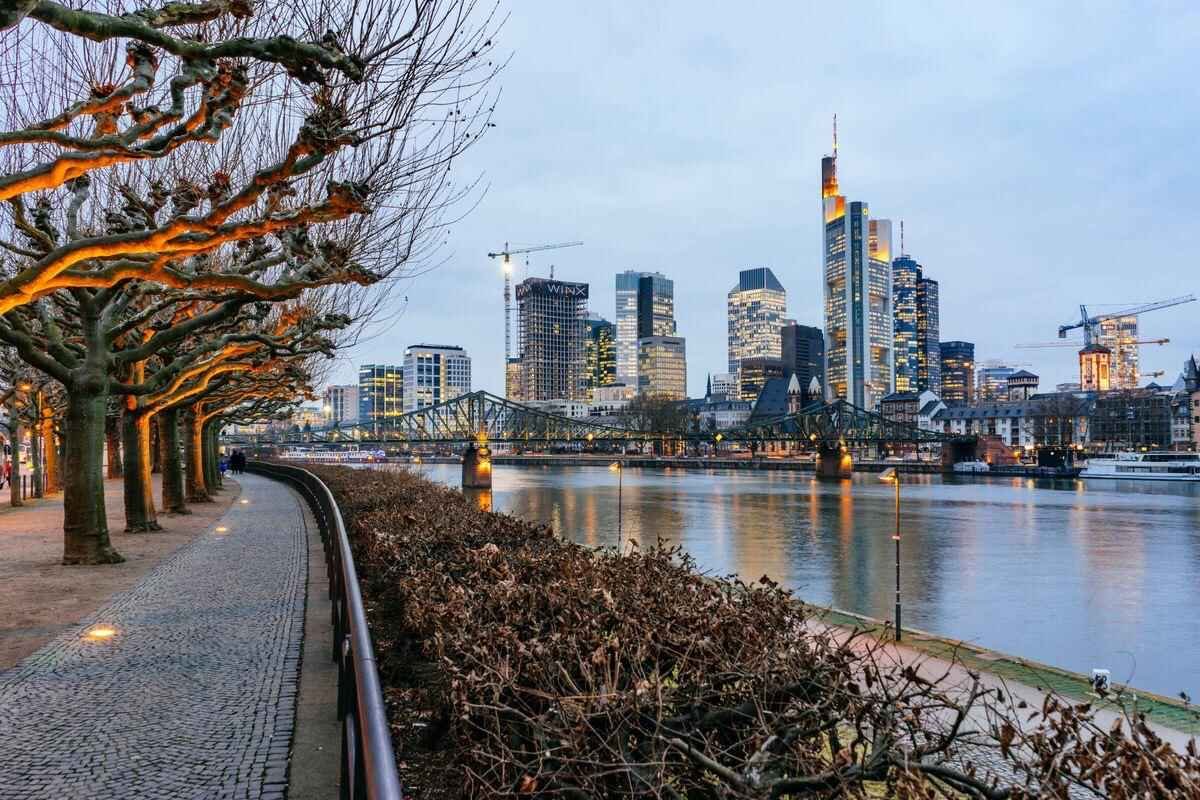
21. The Birthplace of Kindergarten
The concept of kindergarten was developed in Germany by Friedrich Fröbel in the 19th century, emphasizing early childhood education and social development.
22. Leading the Way in Environmentalism
Germany is at the forefront of the environmental movement, with stringent policies and initiatives aimed at reducing carbon emissions, promoting sustainable practices, and protecting natural habitats.
23. The Influence of Bauhaus Design
The Bauhaus School, founded by Walter Gropius in 1919, revolutionized art, architecture, and design. Its principles of functionality and simplicity continue to influence modern design.
24. A Pioneer in Film
Germany has a rich history in film, producing influential directors like Fritz Lang and Werner Herzog. The Berlin International Film Festival, or Berlinale, is one of the world’s leading film festivals.
25. Germany’s Robust Public Transport System
Germany boasts an efficient and extensive public transport network, including trains, trams, and buses, making travel within cities and across the country convenient and accessible.
26. Leading in Medical Research and Healthcare
Germany is a leader in medical research and healthcare, known for its advanced medical technologies, high-quality healthcare services, and significant contributions to medical science.
27. A Hub for International Trade Fairs
Germany hosts some of the world’s largest trade fairs, such as the Hannover Messe and the Frankfurt Book Fair, attracting exhibitors and visitors from across the globe.
28. The Legacy of the Hanseatic League
The Hanseatic League, a powerful medieval trading alliance, has left a lasting legacy in cities like Hamburg, Bremen, and Lübeck, evident in their architecture and cultural heritage.
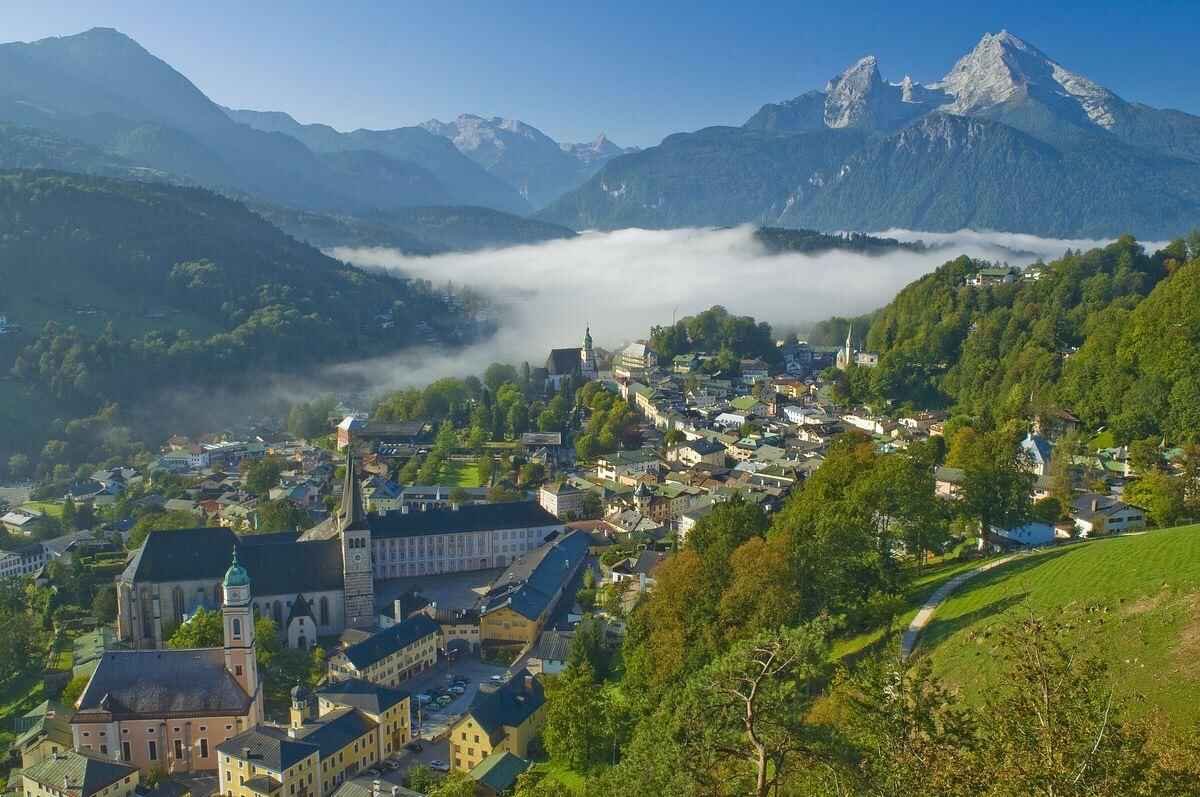
29. Excellence in Engineering
German engineering is synonymous with precision and innovation. The country excels in sectors such as automotive, aerospace, and mechanical engineering.
30. A Rich Tradition of Art and Museums
Germany is home to a wealth of art and museums, including the Berlin State Museums, the Dresden State Art Collections, and the Städel Museum in Frankfurt, showcasing art from ancient to contemporary times.
31. The Vibrant Berlin Tech Scene
Berlin is emerging as a major tech hub, attracting startups and tech companies from around the world, fostering innovation and entrepreneurship.
32. German Efficiency and Work Ethic
The stereotype of German efficiency is well-founded, with a strong work ethic and a focus on productivity and precision in both professional and personal endeavors.
33. Germany’s Influence on Modern Philosophy
German philosophers, such as Martin Heidegger and Jürgen Habermas, have significantly influenced contemporary philosophy, contributing to existentialism, phenomenology, and critical theory.
34. A Leader in Mechanical Engineering
Germany is renowned for its expertise in mechanical engineering, producing high-quality machinery and equipment that are exported worldwide.
35. The Diverse Landscapes of Germany
Germany’s landscapes range from the Alps in the south to the Baltic Sea in the north, offering diverse natural beauty, including forests, rivers, and mountain ranges.
36. Germany’s Impact on Modern Psychology
German psychologists, such as Sigmund Freud and Carl Jung, have profoundly influenced modern psychology, laying the groundwork for psychoanalysis and analytical psychology.
37. A Commitment to Social Welfare
Germany’s social welfare system is one of the most comprehensive in the world, providing extensive support for health care, education, and social services.
38. Leading the Charge in Electric Mobility
Germany is at the forefront of the electric vehicle revolution, with companies like Volkswagen and BMW investing heavily in electric mobility and sustainable transport solutions.

39. Germany’s Contributions to Quantum Physics
German physicists, including Albert Einstein and Max Planck, have made groundbreaking contributions to quantum physics, shaping our understanding of the universe.
40. A Tradition of Strong Local Governance
Germany’s federal system of government ensures strong local governance, allowing for regional diversity and autonomy in decision-making.
41. The Diversity of German Dialects
Germany is home to a variety of dialects, reflecting the country’s rich cultural diversity. From Bavarian to Saxon, these dialects add to the linguistic richness of the nation.
42. Germany’s Role in the European Union
Germany plays a crucial role in the European Union, being one of its founding members and a driving force behind economic and political integration.
43. The Importance of the Rhine River
The Rhine River is one of Europe’s major rivers, flowing through several countries and serving as a vital waterway for transport, commerce, and tourism in Germany.
44. A Haven for Opera and Theater
Germany boasts a vibrant opera and theater scene, with renowned opera houses in cities like Berlin, Munich, and Dresden, showcasing world-class performances.
45. Celebrating Carnival in Rhineland
The Rhineland region, including cities like Cologne and Düsseldorf, is famous for its colorful Carnival celebrations, featuring parades, costumes, and lively street festivals.
46. The Legacy of the Brothers Grimm
The Brothers Grimm, Jacob and Wilhelm, collected and published famous fairy tales like Snow White, Cinderella, and Hansel and Gretel, preserving Germany’s folklore for generations.
47. Home to Europe’s Largest Economy
Germany boasts the largest economy in Europe and the fourth-largest in the world by nominal GDP, driven by its strong industrial base and export-oriented economy.
48. A Global Leader in Green Technology
Germany leads in green technology and sustainability initiatives, with policies promoting energy efficiency, recycling programs, and the development of eco-friendly technologies.
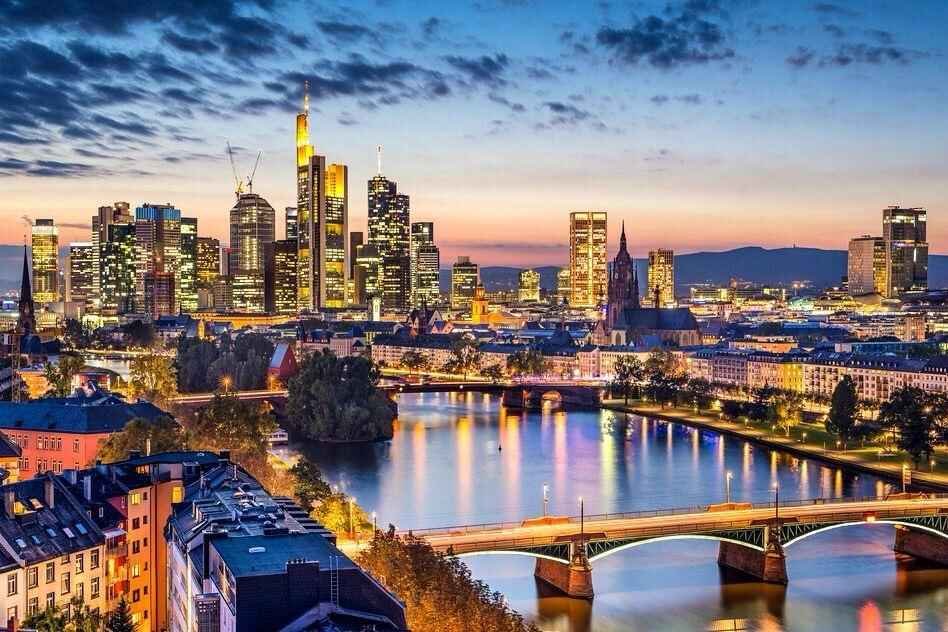
49. The Influence of German Fashion
German fashion designers, such as Karl Lagerfeld and Jil Sander, have made significant contributions to the global fashion industry, known for their minimalist aesthetic and craftsmanship.
50. Celebrating Diversity and Unity
Germany’s reunification in 1990 marked a historic moment of unity, symbolizing the country’s commitment to democracy, human rights, and peaceful coexistence in Europe.
Germany stands as a beacon of innovation, culture, and resilience, with a legacy shaped by its rich history and modern achievements. From pioneering inventions like the automobile and the printing press to its leadership in renewable energy and engineering prowess, Germany continues to influence global trends across diverse fields. Its vibrant cultural tapestry, from the iconic Oktoberfest to the architectural marvels of its castles and cathedrals, reflects a nation that celebrates both tradition and innovation. With a robust economy, commitment to sustainability, and profound contributions to art, philosophy, and science, Germany exemplifies a blend of excellence, efficiency, and cultural diversity that captivates the world.
Share this |
FAQs About Germany
Germany is known for several groundbreaking inventions, including the automobile (by Karl Benz), aspirin (by Bayer), and the printing press (by Johannes Gutenberg).
The Autobahn is renowned for its stretches without a speed limit, spanning over 13,000 kilometers of well-maintained roads, symbolizing Germany’s commitment to engineering excellence and road safety.
Germany leads in renewable energy with significant investments in wind, solar, and biomass energy, aiming to achieve 80% of its electricity from renewable sources by 2050.
Oktoberfest in Munich is the world’s largest beer festival, attracting over six million visitors annually to celebrate Bavarian culture with traditional music, costumes, and beer.
The Black Forest in Baden-Württemberg is famous for its dense woodlands, picturesque villages, cuckoo clocks, and as the setting of many Brothers Grimm fairy tales.
Germany boasts over 20,000 castles, including famous ones like Neuschwanstein Castle and Heidelberg Castle, offering glimpses into historical grandeur.
Germany’s Christmas markets, like the Christkindlesmarkt in Nuremberg, are famous for their festive ambiance, handmade gifts, and traditional treats like Lebkuchen and Glühwein.
Germany is a hub for scientific innovation with institutions like the Max Planck Society and Fraunhofer Society, and numerous universities leading in various scientific fields.
German cuisine features dishes like Bratwurst, Schnitzel, Spätzle, and Schwarzwälder Kirschtorte (Black Forest Cake), reflecting a rich culinary heritage.
Germany has produced influential philosophers like Immanuel Kant, Georg Wilhelm Friedrich Hegel, and Friedrich Nietzsche, whose works continue to shape modern thought.
Johannes Gutenberg, a German inventor, revolutionized the spread of knowledge with the invention of the printing press in the 15th century.
Germany is renowned for luxury automobiles from brands like BMW, Mercedes-Benz, Audi, and Volkswagen, known worldwide for their engineering excellence.
Germany has a rich musical heritage with composers like Bach, Beethoven, and Wagner, contributing to both classical and contemporary music.
Germany is a major exporter of automobiles, machinery, chemicals, and electronics, playing a crucial role in the global economy.


